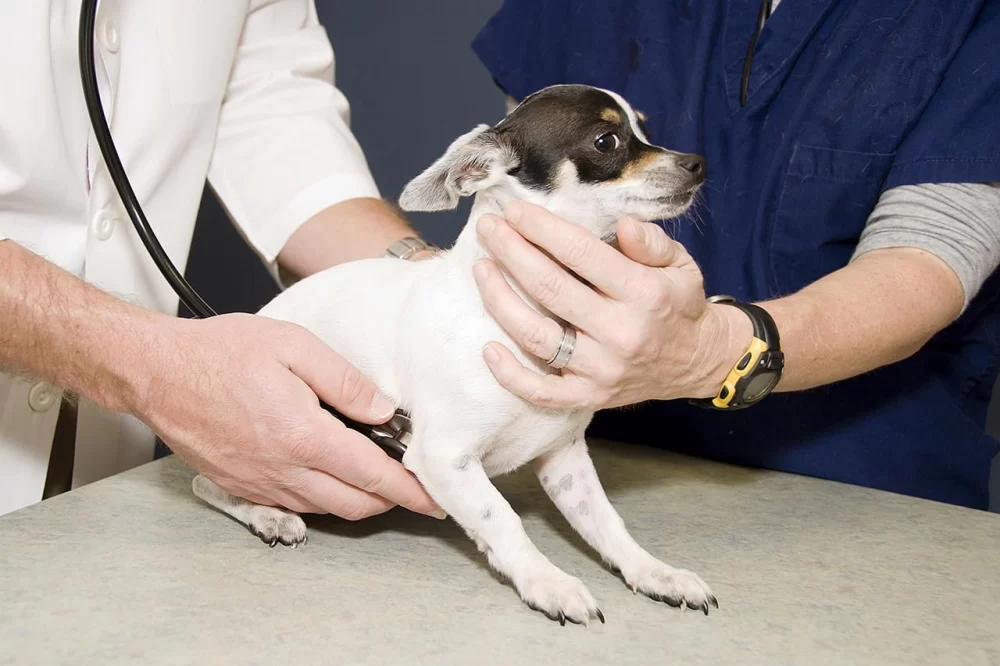Understanding When Your Pet Needs Professional Help for Anxiety
As a devoted pet parent living in the heart of the U.S., I’ve faced the challenging and often heartbreaking experience of watching a beloved pet suffer from anxiety. For many of us, pets are family, and it’s incredibly tough not knowing how to help when they’re clearly in distress. I want to share my experience and the knowledge I’ve gained about when it’s time to stop wondering and start seeking professional help for pet anxiety.
1. Recognizing the Subtle Signs of Pet Anxiety
Before my dog Baxter started acting out, I never imagined he could be suffering from anxiety. He wasn’t aggressive, just different. What started as occasional pacing turned into him hiding under the bed whenever I put my shoes on, signaling I was leaving. The signs weren’t always dramatic, but they were persistent.
Common signs of anxiety in dogs and cats include:
- Excessive barking or meowing
- Destructive behavior (chewing, scratching furniture)
- Changes in appetite
- Urinating or defecating indoors despite being house-trained
- Excessive grooming or licking
- Attempting to escape or hide
- Shaking, drooling, or panting without a physical reason
If you notice these signs, especially if they persist for more than a few days, it may be time to assess the situation more seriously.
2. Differentiating Between Normal Behavior and Clinical Anxiety
Many pets occasionally experience stress — a thunderstorm, a new guest in the house, or a trip to the vet. These are usually temporary and manageable. But if your pet reacts disproportionately or can’t recover from stress, this might indicate a deeper issue. When Baxter destroyed an entire couch cushion because of fireworks, I initially chalked it up to a one-time incident. But when he started trembling every evening and refused to eat, I knew it was more than a moment of fear — it was anxiety taking over his life.
For cats, anxiety may show up as hiding, aggression, or spraying urine in unusual places. Don’t dismiss these as stubborn behavior; it may be a call for help.
3. When Home Remedies and Training Aren’t Enough
We tried everything at home — calming music, anti-anxiety vests, even herbal supplements. While some days were better than others, the underlying problem remained. My vet explained that while these methods can help, they’re not a replacement for professional care when the anxiety reaches clinical levels.
If you’ve tried:
- Behavioral training
- Increased exercise or stimulation
- Routine consistency
- Calming pheromone diffusers
...and your pet is still struggling, it may be time to consult a veterinary behaviorist or your local veterinary clinic. Clinics like Hidden Brook Veterinary specialize in diagnosing and treating pet anxiety with a mix of behavioral science and, if necessary, medication.
4. Professional Help: What to Expect from a Veterinary Visit
The idea of bringing Baxter to a vet for “mental health” felt strange at first. But the experience was eye-opening. The vet didn’t just hand out pills; they asked about Baxter’s lifestyle, diet, socialization, past trauma, and current environment. He was treated like an individual, not just another case.
Veterinary professionals can offer:
- Detailed behavioral assessments
- Safe and effective anxiety medications
- Tailored behavior modification plans
- Referrals to certified pet behaviorists or trainers
Seeing a vet turned our situation around. Within weeks of starting treatment, Baxter was more relaxed and responsive. He could enjoy walks again without panicking at every loud sound.
5. Anxiety in Rescue Pets and Trauma Cases
Many rescue pets suffer from past trauma that manifests as anxiety. Our cat, Luna, had been adopted from a shelter and spent her first few months hiding under the couch. She flinched at every movement and wouldn’t eat if someone was watching her. It was heartbreaking. After consulting with a vet, we learned Luna had likely endured significant stress and needed time, structured support, and possibly anxiety-reducing supplements to adjust.
Trauma-based anxiety may require long-term management. A veterinary team can provide a roadmap tailored to your pet’s past and personality.
6. How to Choose the Right Veterinary Help
Not every vet specializes in anxiety and behavioral issues, so it’s important to ask the right questions:
- Does the clinic have experience with anxiety cases?
- Do they offer behavior therapy or work with certified trainers?
- Are they open to combining natural methods with medication?
At Hidden Brook Veterinary, we found compassionate, science-backed support that didn’t push a one-size-fits-all solution. Every visit felt personal, and they helped us develop strategies we could manage at home.
7. Don’t Wait Until It Gets Worse
Looking back, I wish I’d sought help sooner. Pet anxiety doesn’t go away on its own, and untreated stress can lead to chronic health problems, deteriorating behavior, and damaged bonds. If your dog or cat is suffering, don’t feel embarrassed or helpless — you’re not alone, and there are professionals trained to help.
Whether your pet is simply showing early signs or experiencing severe anxiety, professional veterinary care can make all the difference. For anyone in the U.S. searching for reliable and compassionate help, I highly recommend checking out what clinics like Hidden Brook Veterinary have to offer.
Your pet’s emotional well-being matters. And sometimes, the best way to show love is to seek the help they truly need.












